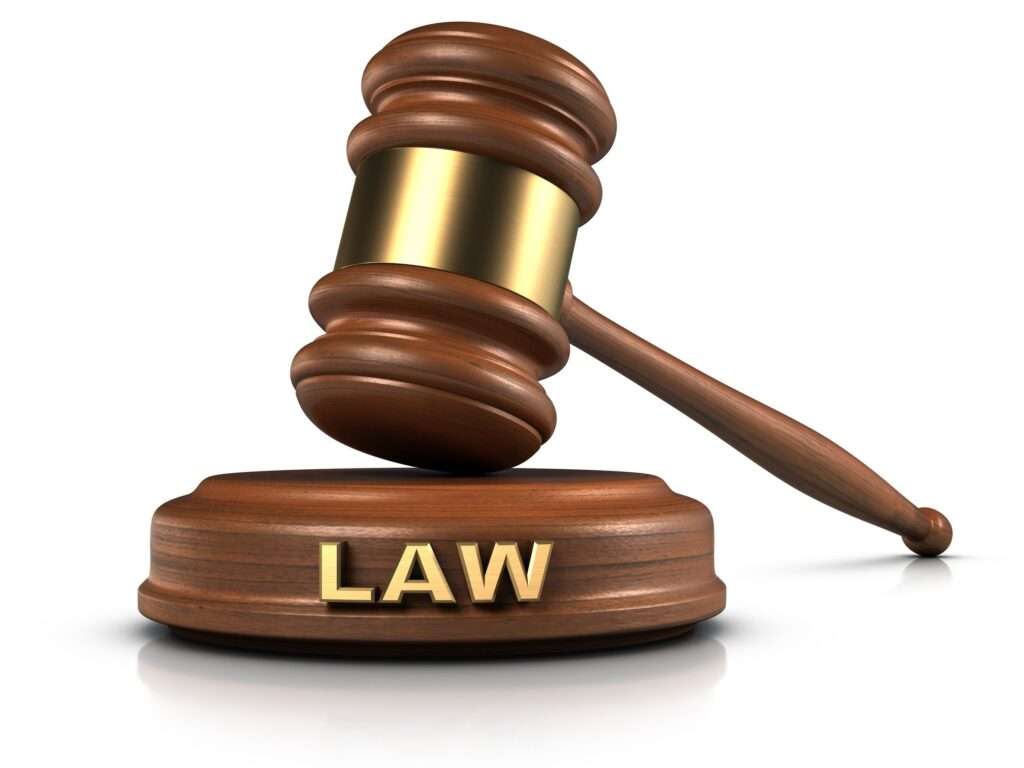The jurisdiction of the Special Criminal Court in Cameroon
Pursuant to Decree No 2013/288 of 04 September 2013 Fixing Modalities for the Restitution of the corpus delicti the jurisdiction of the Special Criminal Court (SCC) is limited to individuals who bear responsibility for the misappropriation of public funds of at least 50,000000 CFA Francs.
The amount of funds misappropriated determines whether jurisdiction will be exercised by the SCC or by the High Court or Court of First Instance.
In this case, jurisdiction will be exercised by the SCC. The above case is that of Misappropriation of public funds by the Mayor of the Limbe Council and the Municipal treasurer, the former acting as judge of opportunity and the later acting as Judge of regularity.
If they decide to restore the 60million, the following procedure will be adopted
The restitution of the corpus delicti is contemplated in Presidential Decree No 2013/131 of 03 May 2013 establishing the organisation and functioning of the Specialised Corps of Judicial Police Officers of the SCC, where it is stipulated as follows:
“Any offer to restitute the corpus delicti in cash or in kind in the course of the preliminary investigation shall be recorded in the report forwarded to the Procureur-Général of the SCC”.
The essence of this provision is to indicate to the authorities during the course of preliminary investigations that the accused against whom sufficient evidence exists for having misappropriated public funds has offered to restore such funds to the state coffers.
As prescribed by the Presidential Decree fixing the modalities for the restitution of the corpus delicti, cases where such restitution takes place before the seizure of the Court by the committal order of the Examining Magistrate or by the judgment of the Inquiry Control Chamber of the Supreme Court, the Procureur-Général may, upon a written authorisation by the Minister of Justice, enter a nolle prosequi.
However, if the restitution is effected after the Court is already seized of the matter, the Procureur-Général of the SCC may, upon a written authorisation by the Minister of Justice, enter a nolle prosequi against the proceedings prior to any judgment on the merits and the Court seized of the matter shall inflict the forfeitures under Section 30 of the Penal Code and mention will be made in the criminal record.
The restitution of the corpus delicti may be in cash or in kind. Restitution in cash occurs where the accused restores the totality of the sum of money he is accused of having misappropriated or restores the monetary value of the misappropriated property.
On the other hand, restitution in kind refers to where the accused person restores the misappropriated property whose value amounts to the sum for which he is said to have misappropriated.
Restitution in cash is effected by payment to the Public Treasury, against which a receipt is delivered on the total amount the accused is said to have misappropriated.
Such proof of payment is handed to the authority before whom proof of restitution in cash is made.
It may be effected at a preliminary investigation, at the preliminary inquiry, at the Legal Department of the SCC, before the President of the SCC, or during a session of the Court.
In cases of a “proposal of restitution in kind”, the application shall be exclusively made before the Procureur-Général of the SCC.
The Procureur-Général shall draw up a report expressly mentioning the application for a nolle prosequi by the accused.128 Such a report and proof of the physical existence of the said property shall be forwarded by the Procureur-Général to the Minister of Justice within 72 hours.
The Minister of Justice shall seize the competent administrative body thereof for the evaluation of the property offered in restitution within a time limit prescribed by him.130 Expertise expenses and fees related to such an evaluation shall be borne by the accused.131
Does restitution automatically leads to discontinuance of proceedings
Restitution of the corpus delicti does not automatically translate into the termination of criminal investigation or the entering of a nolle prosequi. It is merely a factor that may be adjudged by the competent authorities as to whether it suffices to discontinue criminal investigations. Depending on the stage at which an offer for restitution is made, it may result in a nolle prosequi, the imposition of the forfeitures provided in Section 30 of the Penal Code and the entering of a criminal record.
Even though the jurisdiction of the SCC is limited to cases of the misappropriation of public funds of at least 50000000 CFA Francs, different courts that are seized of this offence as stipulated in Section 184(1) of the Penal Code shall apply the modalities prescribed in this Decree.132 In other words, restitution of the corpus delicti, whether in cash or in kind, is not limited to accused persons tried by the SCC. Accused persons indicted and investigated for the offence of the misappropriation of public funds may offer to restore the corpus delicti in cash or in kind.
[1] Section 5 of Presidential Decree No 2013/131 of 03 May 2013.
[2] Section 3(1) of Presidential Decree No 2013/131 of 03 May 2013.
[3] Section 3(2) of Presidential Decree No 2013/131 of 03 May 2013.
[4] Section 4(1) of Presidential Decree No 2013/131 of 03 May 2013.
[5] Section 4(2) of Presidential Decree No 2013/131 of 03 May 2013.
[6] Section 4(3) of Presidential Decree No 2013/131 of 03 May 2013.




